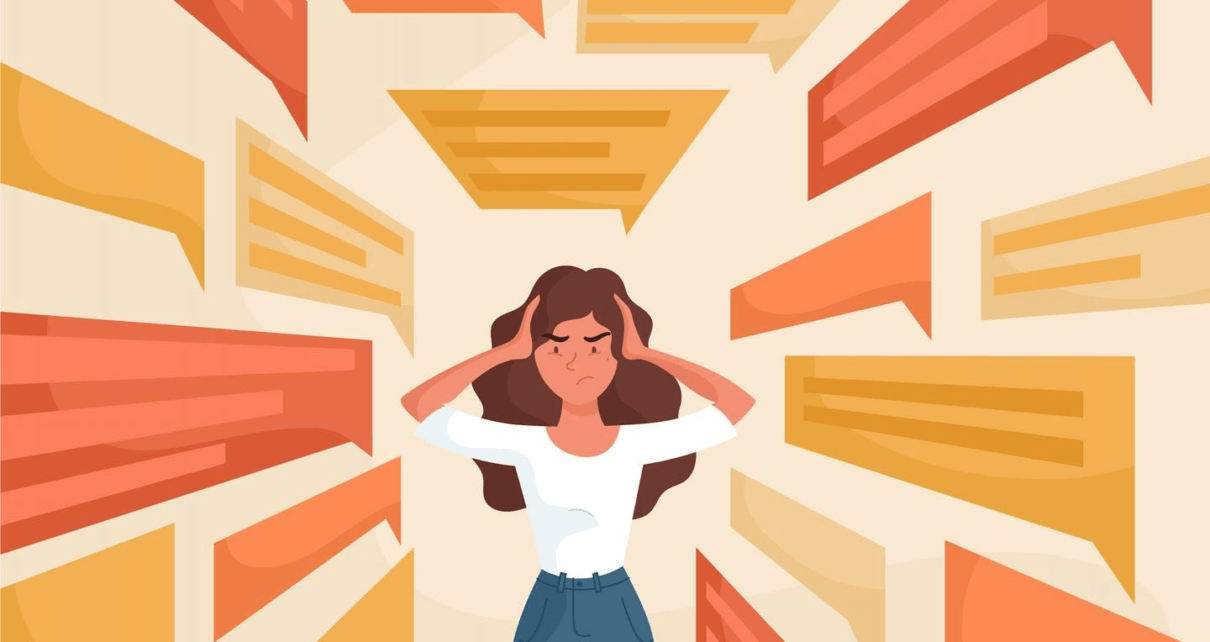Misinformation is a plague running rampant on the internet, especially social media. Though it can seem as though it’s everywhere, there are ways to avoid it and make sure that your sources are trustworthy.
There are many reasons why many people, myself included, believe that social media is to blame for the constant flow of false information; it doesn’t take much for a post to become popular in a matter of hours, even if it doesn’t have any factual basis.
People on social media tend to take things at face value; they see something while scrolling the internet and believe that it must be true. Often, they don’t do any additional research to see if the information is accurate and just keep scrolling, not caring that what they just saw could be false.
I believe that this happens because people’s attention span has worsened over time and there is a general lack of caring and laziness because they don’t want to do the extra work to investigate any further.
Nothing good can come from misinformation. Fake news spreads like wildfire, and it will only get worse, especially now that people can pay for a verification mark on certain social media. On Facebook, Instagram, and Twitter, users can now pay a monthly subscription to have a blue verification mark appear by their username that makes it seem as though the account is trustworthy, even if it isn’t.
While I understand why this is beneficial from a business point of view because of the money it generates, there will be even more problems now when it comes to verifying information from credible sources.
It is a desperate way for rich platforms to make more money just to turn a profit and become wealthier. I believe the CEOs of the companies don’t care what the long-term consequences will be, which is going to create even bigger problems.
The blue verification mark used to be a way to distinguish real news sources from fake news sources and real celebrities from fake celebrities. Now, it’s a free for all to see who is willing to pay to claim they are a particular business or person. Being verified doesn’t mean anything anymore when it comes to credibility and trustworthiness because it’s no longer something that is earned.
It makes me uneasy and upset to know that people can just create a random account and post something that has nothing to do with them or just want to post something to go viral and get internet clout. Everyone should be concerned about this.
Misinformation can range from trying to start drama among famous couples to lying about actual news that could have long-term effects on society and the world as we know it. Some examples that come to mind is when a rumor spread online that A$AP Rocky had cheated on Rihanna, which ended up not being true.
I remember in April of 2022 when the initial news that A$AP Rocky cheated on Rihanna was the talk among many people online. Even some of my friends discussed it with me but were unsure if it was true because neither A$AP Rocky nor Rihanna discussed it on their social media platforms, and the two had been spotted multiple times in public since the allegation was made.
Though those rumors were quickly shut down after the alleged person that A$AP Rocky cheated with, Amina Muaddi, a shoe designer, broke her silence about the gossip on an Instagram post cleaning up the rumor. I was appalled that a simple story with no backing could gain so much traction in such a short amount of time.
Many people also use social media to make false claims about climate change, arguing that it isn’t real even though there is plenty of scientific evidence that says otherwise. There’s a lot of factual information circulating online about this topic, but I feel like there is more fake news about it than real.
There are specific ways to combat misinformation and ensure the content you view is factual and comes from reliable sources. To search for trustworthy websites, make sure the endings of that website are .gov, .com, and .edu. Every credible website should list the article’s author or the network that provided the information that is being presented. If you do further research about the people listed, you should find background information about their degrees and work experience that makes them qualified to be talking about that specific topic.
It can be challenging to find accurate information if you don’t know where or how to look for it; the best piece of advice that I can give is to try and find multiple credible sources with valid authors who have background knowledge about the topic you are researching. If you can verify a piece of information with multiple sources, it’s probably accurate.
Do not take things merely as they appear; fake news can look accurate to the untrained eye.


